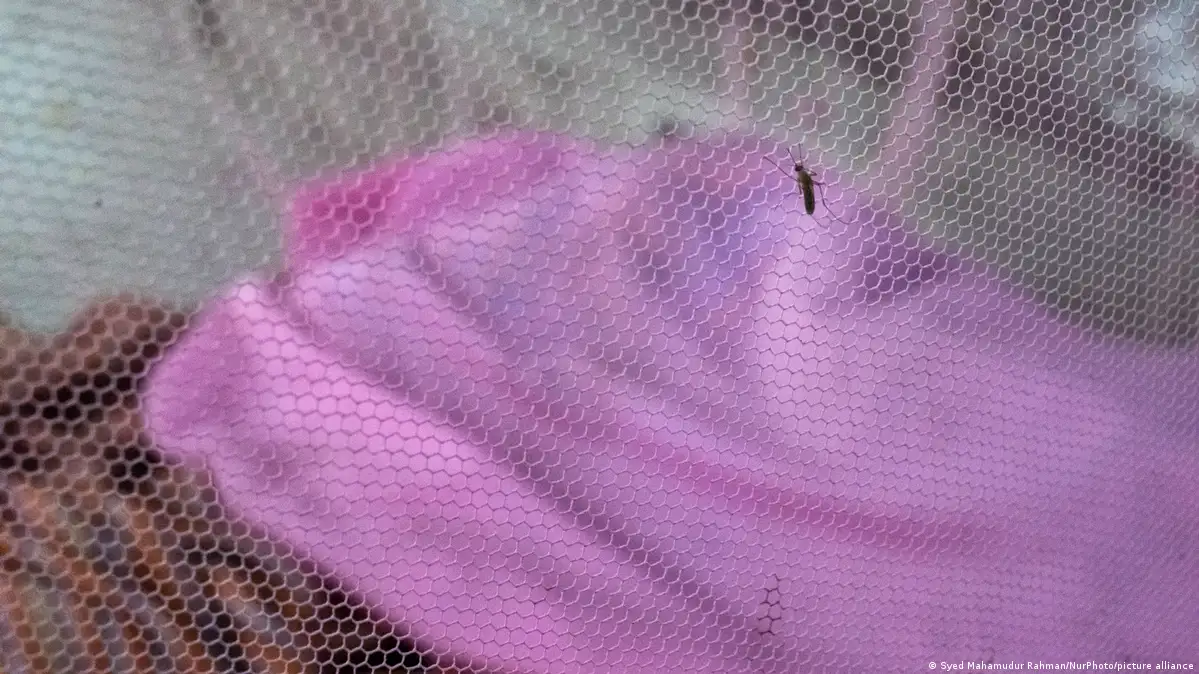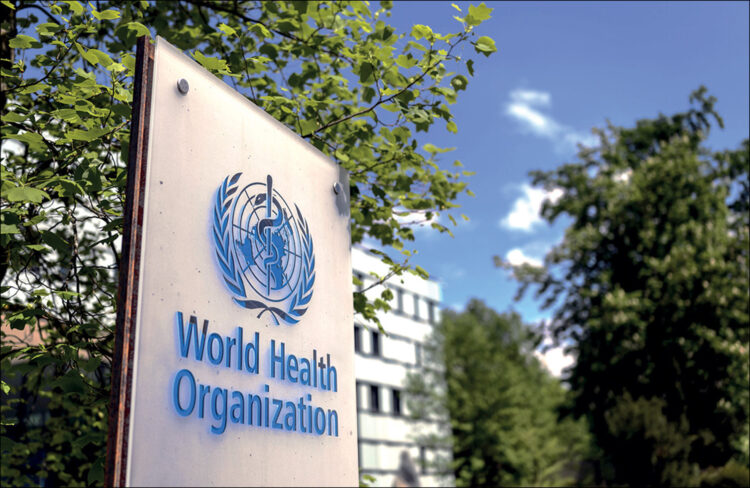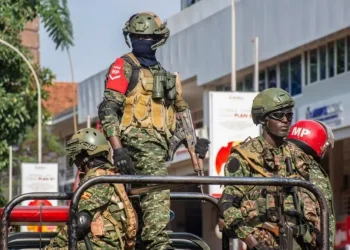The World Health Organization on Friday declared Cape Verde free of malaria, making it the third country in the African region to have achieved the status.
Cape Verde, or officially Cabo Verde using the Portuguese name, a tiny archipelago of 10 islands in the Atlantic Ocean, joins Mauritius (in 1973) and Algeria (in 2009) in achieving the certification.
“Cabo Verde’s achievement is a beacon of hope for the African Region and beyond. It demonstrates that with strong political will, effective policies, community engagement and multi-sectoral collaboration, malaria elimination is an achievable goal,” said Matshidiso Moeti, WHO Regional Director for Africa.
The country has faced several epidemics in densely-populated areas before a malaria action plan, which was declared a national health policy objective in 2007, was put to work.
Between 2009 and 2013, authorities followed through a strategic malaria plan on the island chain of around 500,000 people, focusing on expanded diagnosis, early and effective treatment, as well as reporting and investigating all cases.

To stem the tide of imported cases from mainland Africa, authorities provided free diagnosis and treatment to international travelers and migrants.
The WHO Director-General Tedros Adhanom Ghebreyesus lauded the country, saying it was a “testament to the power of strategic public health planning, collaboration, and sustained effort to protect and promote health.”
“This [certification] has the potential to attract more visitors and boost socio-economic activities in a country where tourism accounts for approximately 25% of GDP,” a WHO statement said. Cabo Verde joins the ranks of 43 countries and 1 territory that WHO has awarded this certification, the statement said.
The WHO certification is granted when a country has demonstrated no locally transmitted cases of malaria in at least the last three years.
Source: DW
















